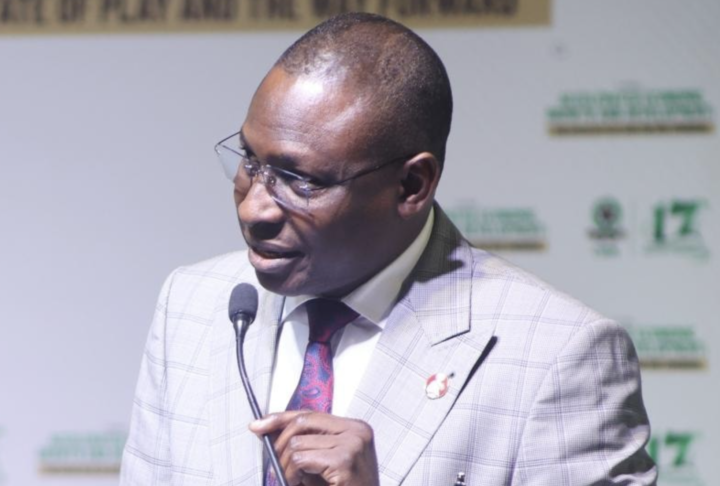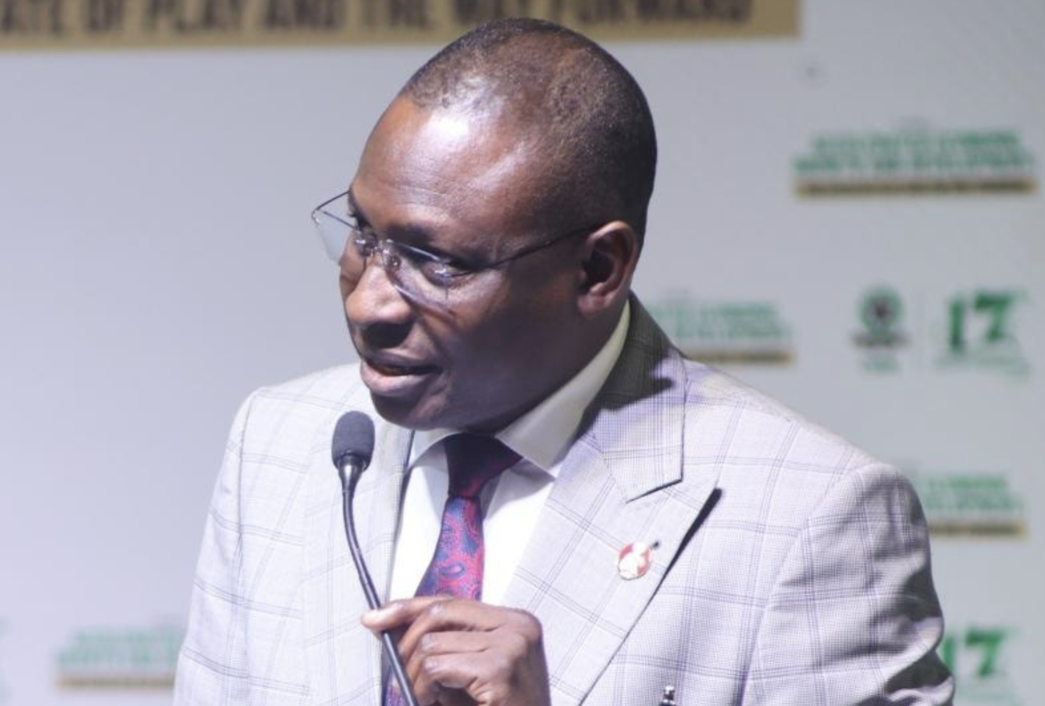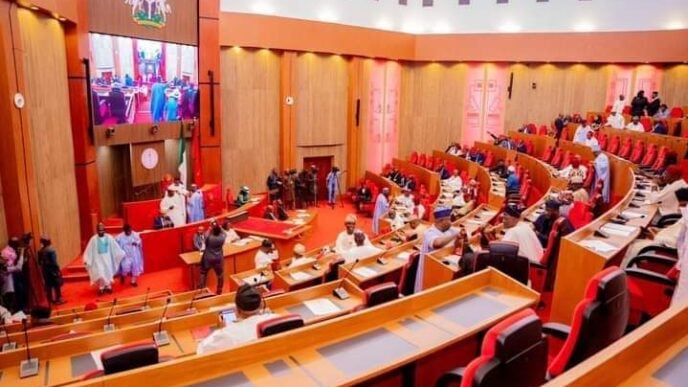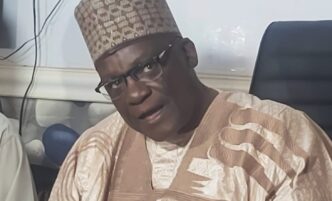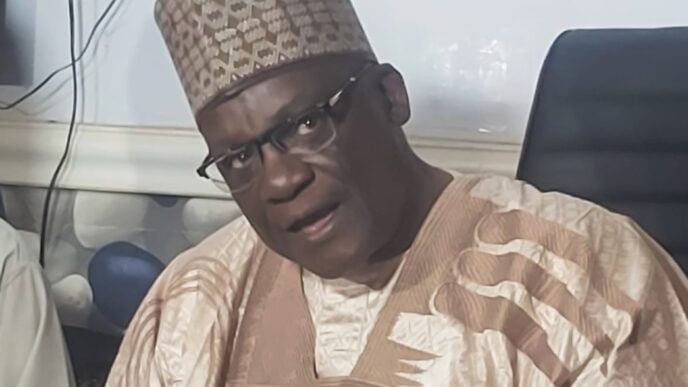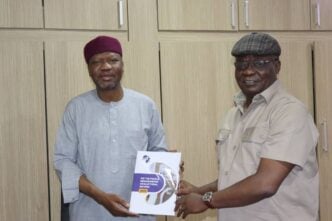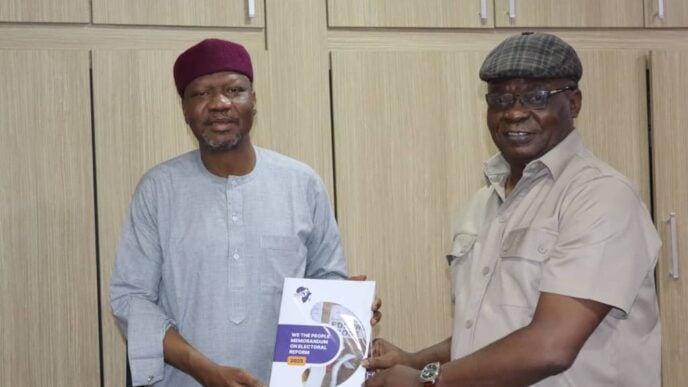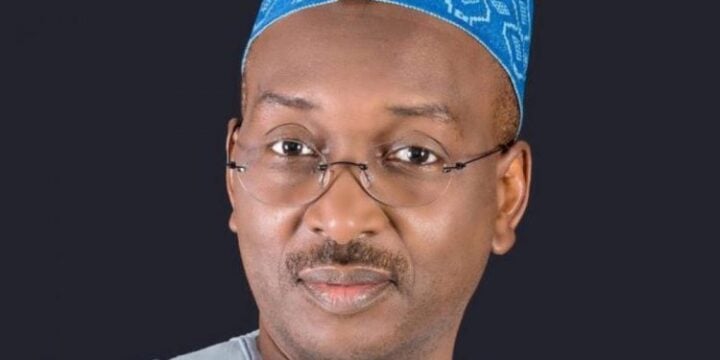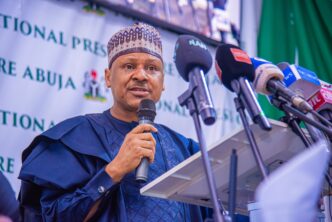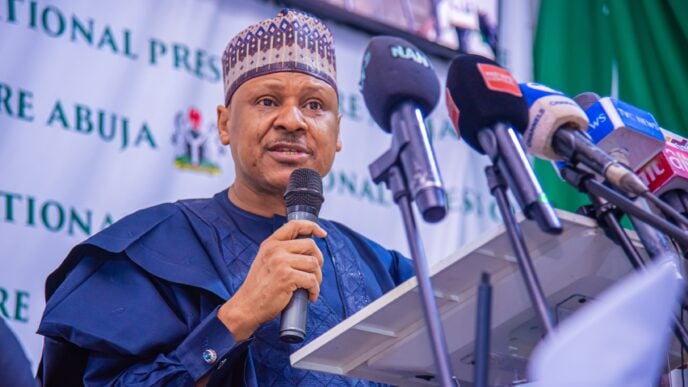Ola Olukoyede
Ola Olukoyede, chairman of the Economic and Financial Crimes Commission (EFCC), has urged the national assembly to set the standard for accountability and transparency in governance.
Olukoyede spoke on Tuesday in Abuja during the national conference on public accounts and fiscal governance, themed ‘Fiscal Governance in Nigeria: Charting a New Course for Transparency and Sustainable Development’.
The national assembly is constitutionally tasked with overseeing and appropriating ministries, departments, and agencies, including the EFCC.
However, the parliament has often been scrutinised for alleged budget padding, lack of transparency in its expenditures, and lawmakers’ allowances.
Advertisement
Olukoyede, who was represented by Wilson Uwujaren, spokesperson of the EFCC, said fiscal integrity must be the norm in all government organs.
“No system will work without the right people. That is why the EFCC is pushing for integrity testing for public officers across all MDAs,” Olukoyede said.
“Parliament cannot demand accountability if it doesn’t practice it. Fiscal integrity must be the norm in all government organs.
Advertisement
“Legislators must embrace transparent appropriation and resist any actions that erode public trust.”
He emphasised the need for the mational assembly’s public accounts committees to work closely with the anti-graft agency.
“There is also a need for greater synergy and collaboration between the public accounts committee of the national assembly and the EFCC,” Olukoyede said.
“To the best of my knowledge, no report of the Committee’s oversight of MDAs has been forwarded to the EFCC for investigation.”
Advertisement
Olukoyede said leveraging the commission’s enforcement powers will send a “powerful message that the public accounts committee’s work is not routine or toothless”.
“Let’s institutionalise transparency and make accountability a patriotic duty by enforcing the rules and regulations in our statutes,” he said.
The EFCC chairman said despite years of reforms and development plans, the gap between policy intent and public impact remains wide.
Olukoyede said a significant part of the problem lies in systemic weaknesses that encourage waste, inefficiency, and outright theft of public resources.
Advertisement
He said some vulnerabilities include non-compliance with financial regulations, such as approvals beyond limits, unapproved duty tour allowances, diversion of public funds to private accounts, and weak oversight and budget padding—projects with no developmental value routinely pass through the system.
Olukoyede said others are opaque financial reporting, especially in the oil and gas sector where earnings remain speculative rather than factual, digital fraud, including manipulation of platforms like GIFMIS and IPPIS for payroll scams.
Advertisement
“These weaknesses feed corruption and erode public trust,” he said.
Olukoyede said the EFCC’s approach is no longer just about chasing stolen funds, but proactively stopping financial crimes from happening.
Advertisement
He said in the last 18 months, the EFCC has established the fraud risk assessment and control department to strengthen internal controls in MDAs.
Olukoyede said the public accounts committees must go beyond annual reviews, noting oversight must be proactive, sustained, and backed by sanctions.
Advertisement
“Digital tracking of budgets and projects must become the norm. Citizens should be able to see, in real time, what’s spent and where. We must institutionalise a whistleblowing system to check blatant theft of public funds,” he said.
Olukoyede added that procurement and payroll loopholes must be closed through robust automation and citizen participation.
